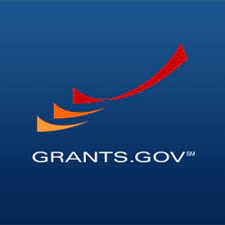
Grants gov
Relevent Country: United States of America
Type of work: Project and Program Management
Last Date: 01-09-2024
The U.S. Fish and Wildlife Service has announced the Youth Engagement, Education, and Employment Program.
FWS programs operating under the Authority of the Public Lands Corps Act have been designated as programs covered under Justice40 (Executive Order 14008). FWS strives to meet the Federal government’s goal of 40 percent of the overall benefits of certain Federal investments flow to disadvantaged communities that have been marginalized, underserved, and overburdened by pollution. The categories of investments are climate change, clean energy and energy efficiency, clean transit, affordable and suitable housing, training and workforce development, remediation of legacy pollution, and the development of clean water and wastewater technologies.
The PLC program’s goals are to:
The FWS operates many PLC programs under the FWS Youth Corps that offer the possibility of non-competitive hiring authority status. Programs such as:
Directorate Fellows Program (DFP)
Small Grants
Funding Information
Eligibility Criteria